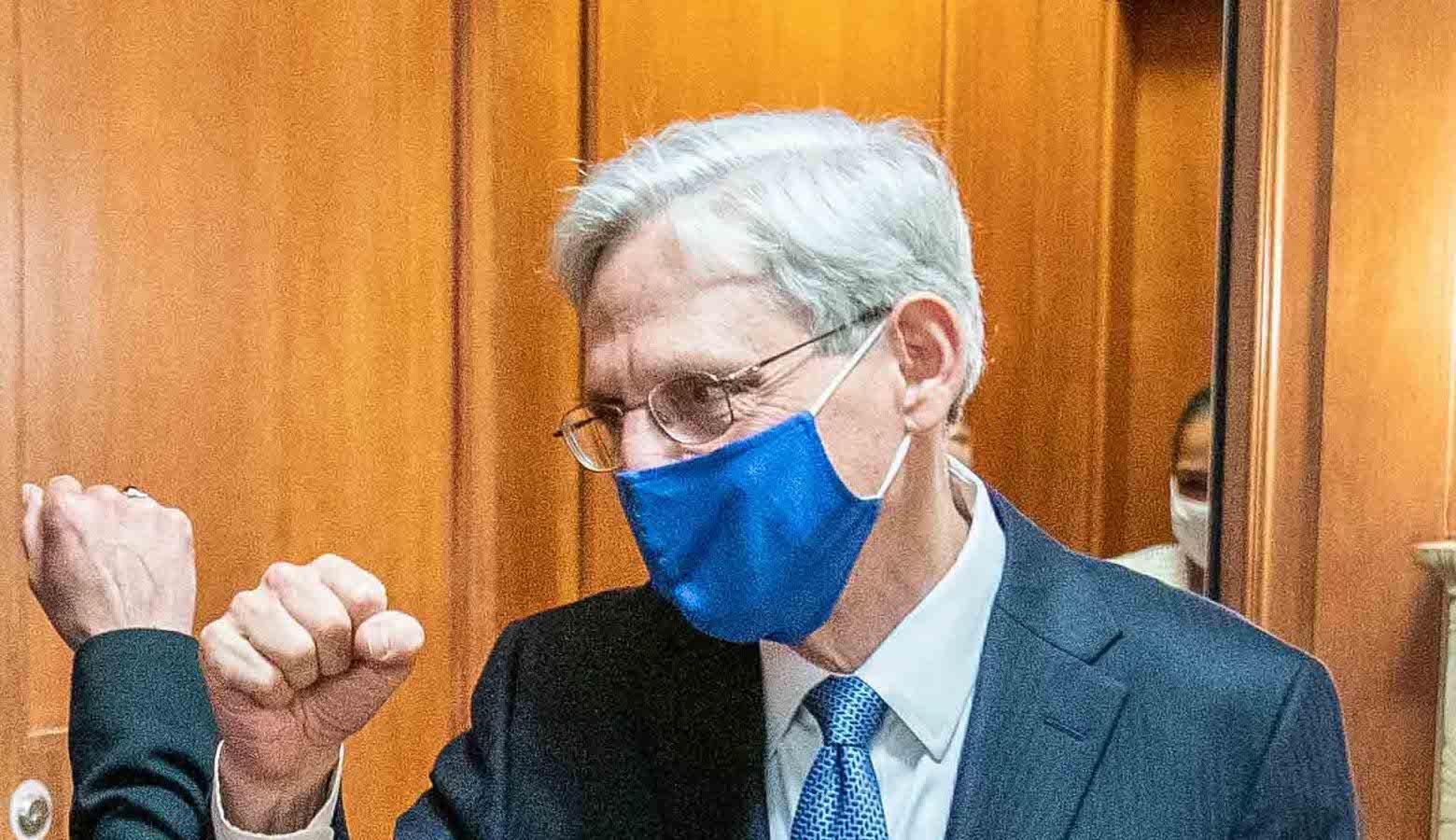Many legal observers were shocked this week to find that under former President Donald Trump and Attorney General Bill Barr, the U.S. Justice Department sought to use a grand jury subpoena to reveal the identity of an online parody account critical of California Republican Rep. Devin Nunes. We now know that, whatever the merits of the effort, the push to reveal the critic's identity was dropped shortly after Attorney General Merrick Garland, appointed by President Joe Biden, was sworn in.
Nunes, a close ally of the former president, has conducted an extended legal campaign to silence his critics, suing media outlets, pundits, anonymous accounts, and Twitter for speech he objected to. These efforts have largely failed, though the lawsuits can have a chilling effect even if unsuccessful. And recent court filings found that in addition to this campaign, Barr's DOJ tried to force Twitter to reveal the identity of the user posting under the handle @nunesalt after the 2020 election. Its bio reads "Not-so-proud alt-mom of prolific Libel Tourist, and part-time Congressman, Devin Nunes. (Yes, it's parody) Probably hammered. Blocked by @Applebees."
There's significant irony in the effort to unmask Nunes' anonymous critics since the Republican Party has fought for years against efforts to disclose donors to political causes. But many argued this was worse than hypocrisy — that the DOJ's attempt to expose the identity of @nunesalt was an abusive use of the criminal justice system.
The justification for the effort is not yet completely known, though Twitter resisted the subpoena to unmask the person. A newly released email exchange in connection with the case suggests that the DOJ claimed the user had sent unspecified "threatening communications." But when Twitter asked the DOJ to elaborate on this claim, and explain whether the threats were made to Nunes himself, no more details were forthcoming.
It's possible, of course, that the account truly did undertake criminal behavior that would justify the federal government's interest.
But that seems less plausible given what happened in March. Merrick Garland was sworn in to his position on March 11, 2021, and a week later — on March 17 — DOJ withdrew the subpoena. There's no indication that Garland was specifically involved in the decision, but the timing strongly suggests that the new administration did not believe it could continue to justify this priority from the prior administration.
